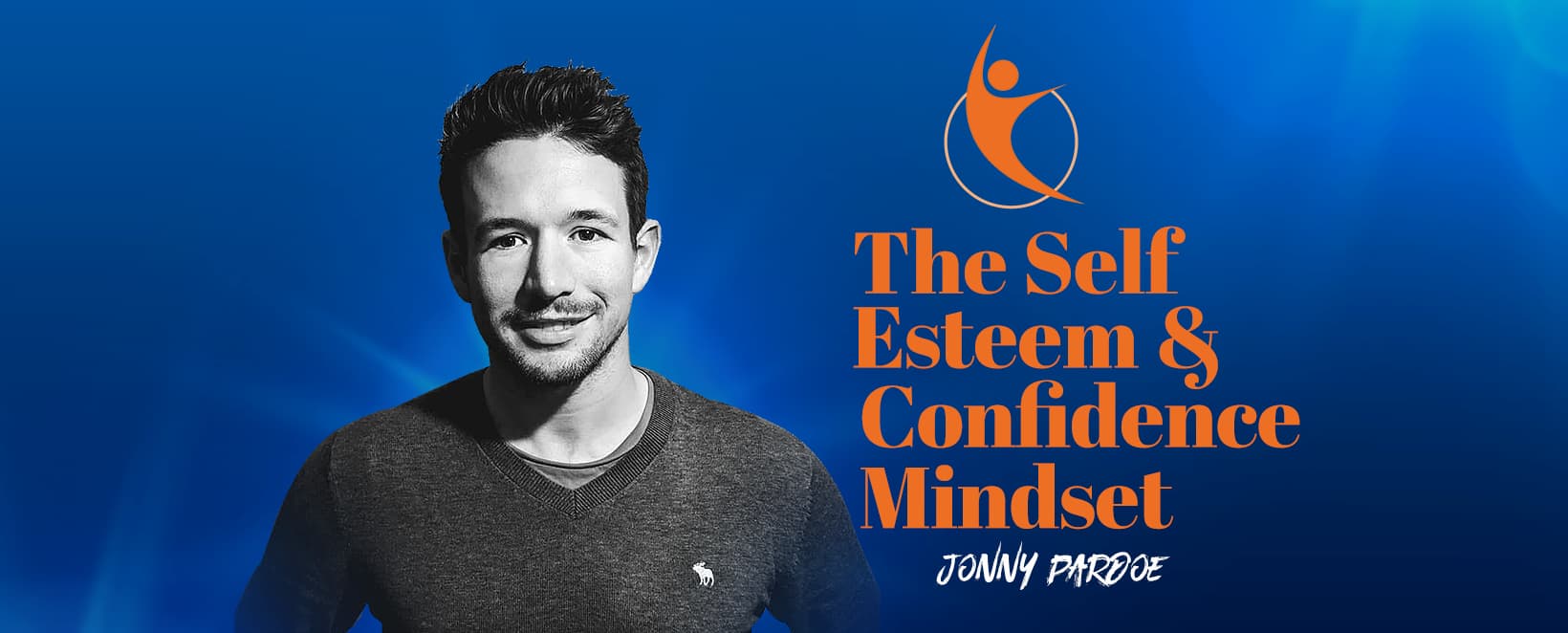Welcome to my Men’s Mental Health Blog, and today, I’m walking you through my experience with anxiety and anxious attachment.
Anxious Attachment: It’s Not About Being “Weak”
Let’s just get this out of the way: anxious attachment doesn’t mean you’re a fragile little flower who can’t handle life. I’ve worked in project management and sales—two areas where having thin skin is about as useful as a chocolate teapot.
But yeah, anxious attachment means some things hit you a little differently. It means you might overthink the silence. It means you’re hyper-aware of people’s shifts in tone or communication. And it absolutely means you need to put tools in place to look after yourself.
I used to convince myself I was the secure, emotionally-unshakable guy. You know the one: “Nah, I’m fine, it’s cool, I’m good” while emotionally repressing anything that resembled vulnerability. Turns out, that’s not confidence. That’s denial.
The Wake-Up Call
This year in particular forced me to face it. Like many men, I was believing: “Don’t show emotions. Be strong.” That doesn’t work. Pretending you don’t feel something doesn’t make you strong—it makes you disconnected.
The most important relationship you will ever have is with yourself. If that one is shaky, every other connection becomes collateral damage.
Let me take you back to a moment that really drove this home. I dated someone this year I really cared about. It was short-lived, but felt meaningful. Then in what felt like a blink things went from very close intimate connection on dates, looking at each other deeply.
Her saying “Can I plan our next date?” “Here’s a cute photo of us” she took, fun messaging from the last date to planning the next from both sides to the….. “Yeah, I’m not feeling it anymore.” killer text. Which impacted me harder than it had before.
Now, I didn’t chase. I had an honest conversation with her on the mixed signals, but in the end it was not to be. I set a boundary and stated I had to stop communication or connection on social media etc, as I did not want friendship, she understood but it still hurt.
But if you’re someone with anxious attachment, that kind of situation? Someone very close to you (no matter the period of time) and then suddenly pulling away from no change in your own behaviour and being yourself. It cracked something open in me. It felt like being a three-year-old again, suddenly abandoned. Obviously I attracted that situation in so there is a message there and more to explore I do take ownership of what I bring into my life.
Childhood Roots
When I was two and a half, my brother passed away. My parents were at the hospital a lot. On top of that, I literally ran out of the house and got lost in my village—twice. Imagine the emotion that creates. So yeah, abandonment fears? Not exactly pulled out of thin air.
I’m not saying you need a traumatic childhood to have anxious attachment, I didn’t with two loving and beautiful parents. But the little things you dismiss matter. Stop brushing them under the rug. They’re shaping you whether you acknowledge them or not.
5 Practices That Help Me Handle Anxious Attachment
Here are five things that have helped me manage it, this is me speaking from lived experience, not from some textbook. Although if you need real support I’d suggest getting a professional or calling a helpline, I am not a mental health professional.
1. Acknowledge It
You can’t change what you won’t admit. I’m not saying announce your attachment style on your first date or on top of the roofs, but owning it internally is powerful.
Give yourself compassion. Recognise that some of your behaviour comes from very logical survival wiring.
2. Boundaries With Yourself
If you know certain environments, conversations, or even foods make you more anxious, manage them.
- Cut out that caffeine bomb before bed.
- Maybe skip that one wedding where everyone else is coupled up.
- Say no to the late-night doom-scrolling.
3. Boundaries With Others
This one’s fun (and by fun, I mean wildly uncomfortable until you master it).
Set standards for how others treat you:
- “Bad texters”? Nah. That’s not a thing. If you won the lottery, you wouldn’t wait six hours to text back.
- Emotionally inconsistent? No thanks.
- Can’t find five minutes in a week to have a phone call? (Unless away for a genuine emergency) Bye.
Being honest about your standards isn’t high maintenance. It’s self-respect. This is for close friends and dating / relationships/
4. Feel Your Emotions
You can’t outrun feelings. You can stuff them down and pretend they’re not there, but they’ll just come out sideways.
Instead, sit with it. Let it pass through you. 60 to 90 seconds of real emotion, fully felt in the body, is often all it takes to reset your nervous system. Don’t stay in your head—breathe it out, feel it out.
5. Take Care of Your Body (It’s Not Just a Brain Thing)
Your diet, your movement, your breath, all of it impacts your mind.
- Eat well.
- Move your body.
- Do the breathwork.
Nothing triggers anxious thoughts like being hungover, underslept, and over-caffeinated while obsessively checking your phone.
Final Thoughts: You Are Not Broken
You might worry that having anxious attachment makes you unlovable or weak. I did for myself but NO!
Emotional intelligence isn’t pretending to be unaffected. It’s knowing who you are and owning it. If someone can’t handle you being real about where you’re at? That’s not a loss that’s a filter.
And don’t worry—I’m not about to start sobbing over dinner on a first date. Vulnerability isn’t about emotional vomiting; it’s about honesty. It’s about saying, “Hey, this is who I am. I’m aware of it. And I’m doing the work.”
That is strength I’ve come to recognise.
Stay aware. Stay honest. And remember: the right people won’t just tolerate your emotional depth they’ll value it.
Jonny Pardoe
©The Self Esteem and Confidence Mindset Ltd 2025


